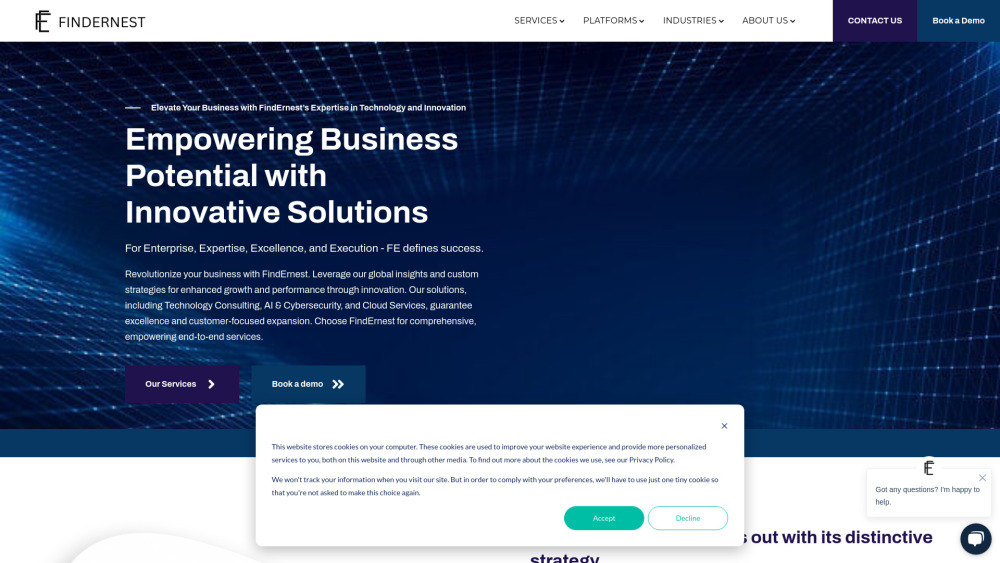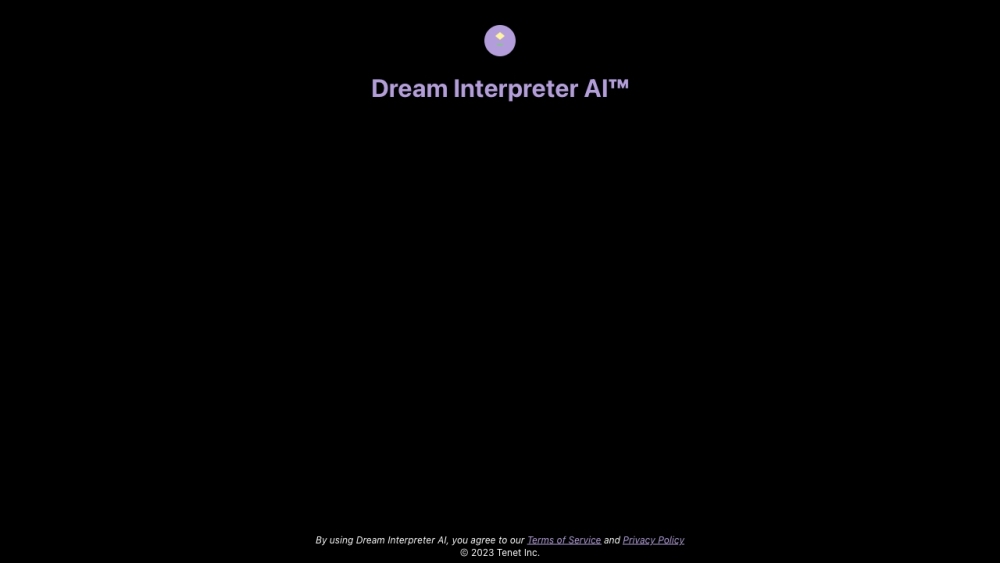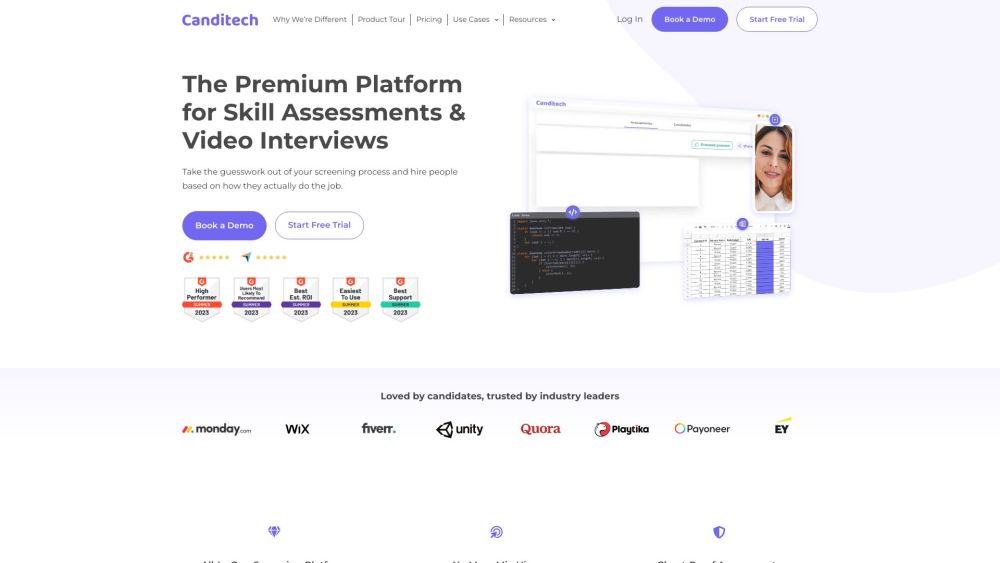IBM AI Predicts Breast Cancer Up to a Year in Advance: A Breakthrough in Early Detection
Most people like

In today's fast-paced digital landscape, businesses face increasing demands for efficiency and innovation. Enterprise solutions encompassing Technology, Cloud, Data, and AI are crucial for organizations looking to optimize operations, enhance decision-making, and drive growth. By leveraging these advanced tools, companies can stay competitive, streamline processes, and unlock new opportunities in an ever-evolving market.

In the competitive world of e-commerce, visually appealing designs can make or break your brand. Utilizing the right online graphic design tools is essential for creating captivating visuals that enhance your online store's appeal. Discover how these innovative resources can simplify design processes, boost your marketing efforts, and ultimately drive sales, making your e-commerce venture thrive.

Unlock the secrets of your dreams with Dream Interpreter AI, your ultimate guide to understanding hidden meanings and insights within your subconscious.

Prevent costly mis-hires by utilizing automated skill assessments. These tools ensure you accurately evaluate candidates, matching their abilities with your organization's needs. By incorporating automated assessments into your hiring process, you can significantly enhance candidate selection, streamline recruitment, and boost overall team performance.
Find AI tools in YBX


